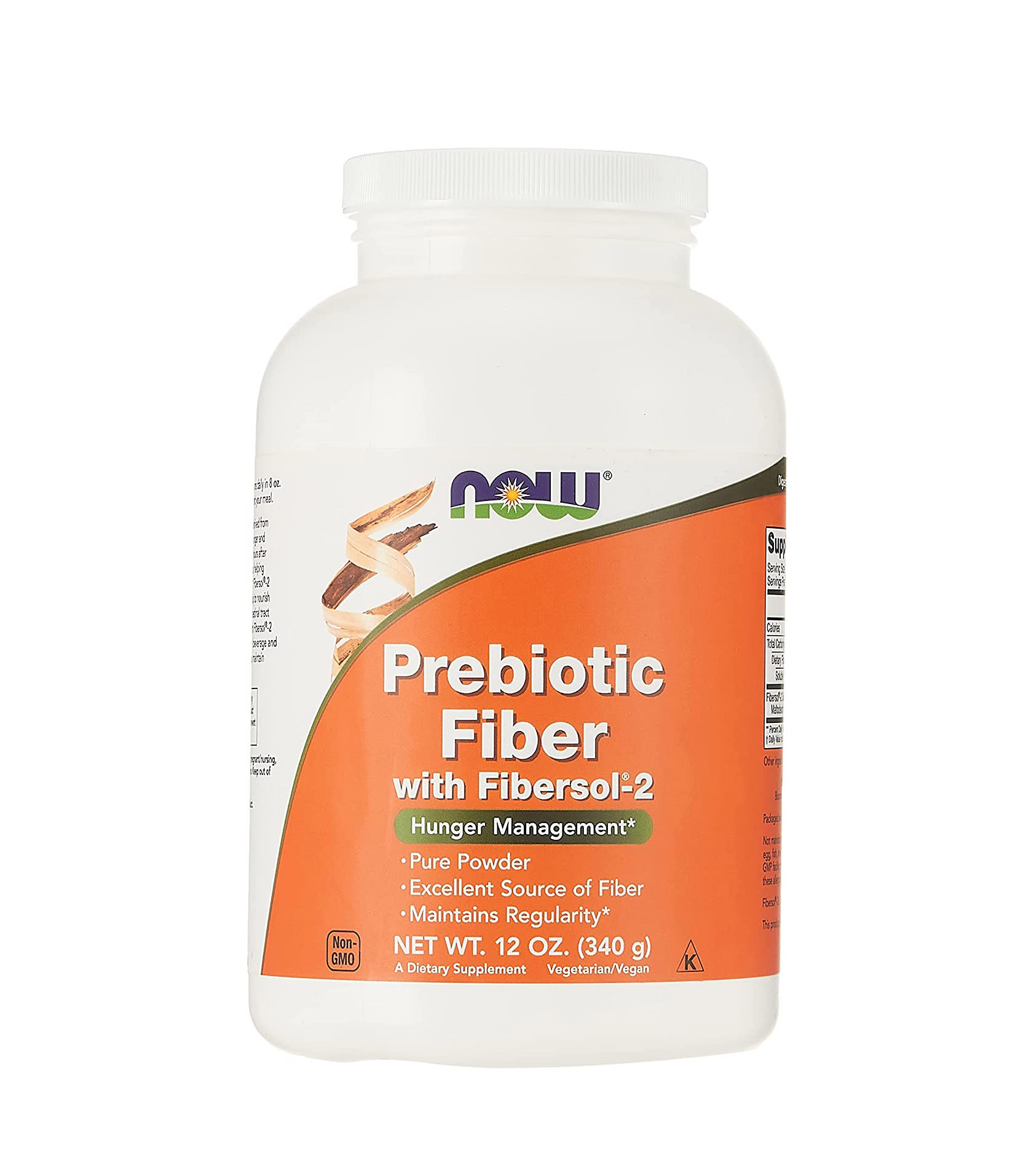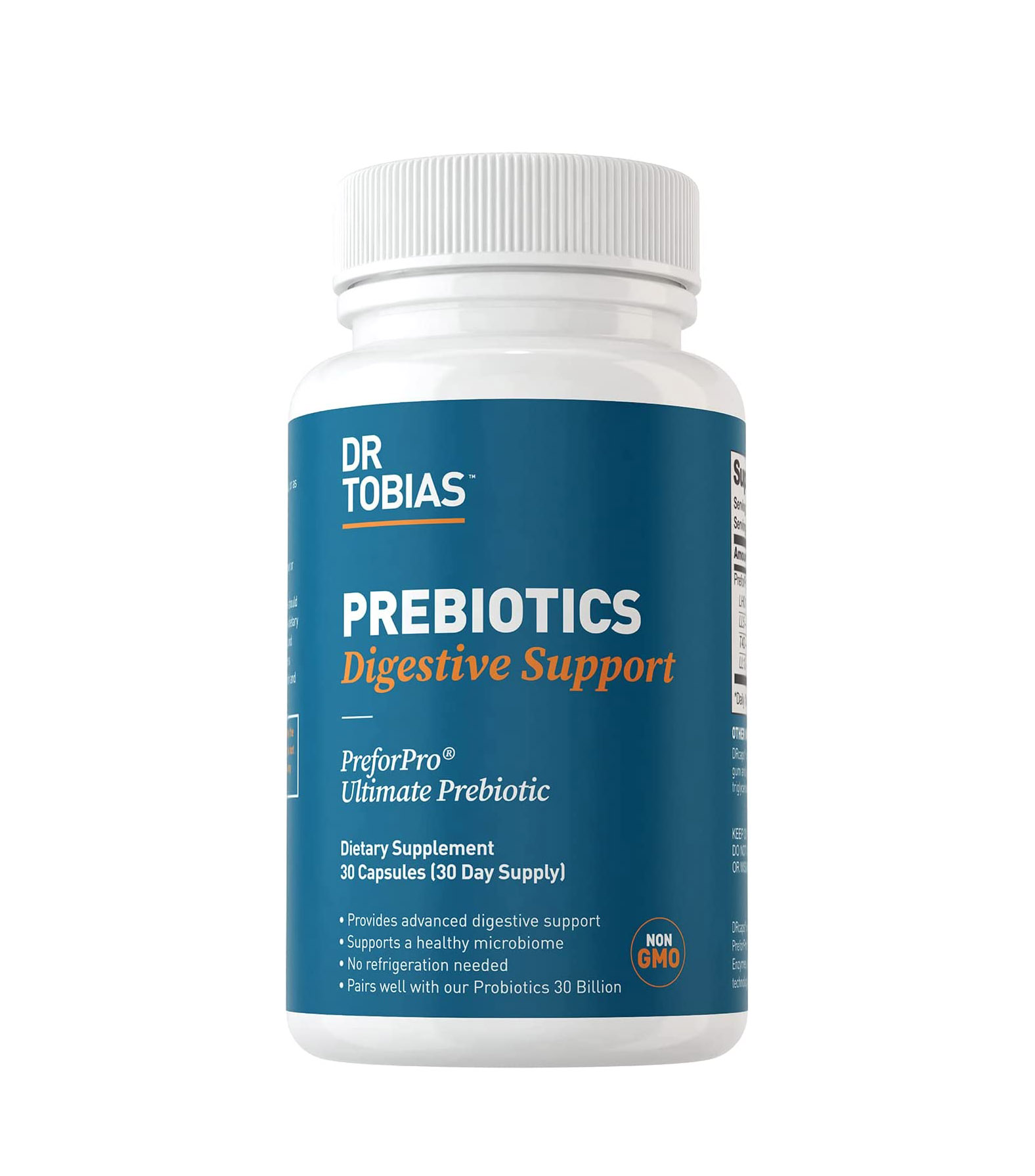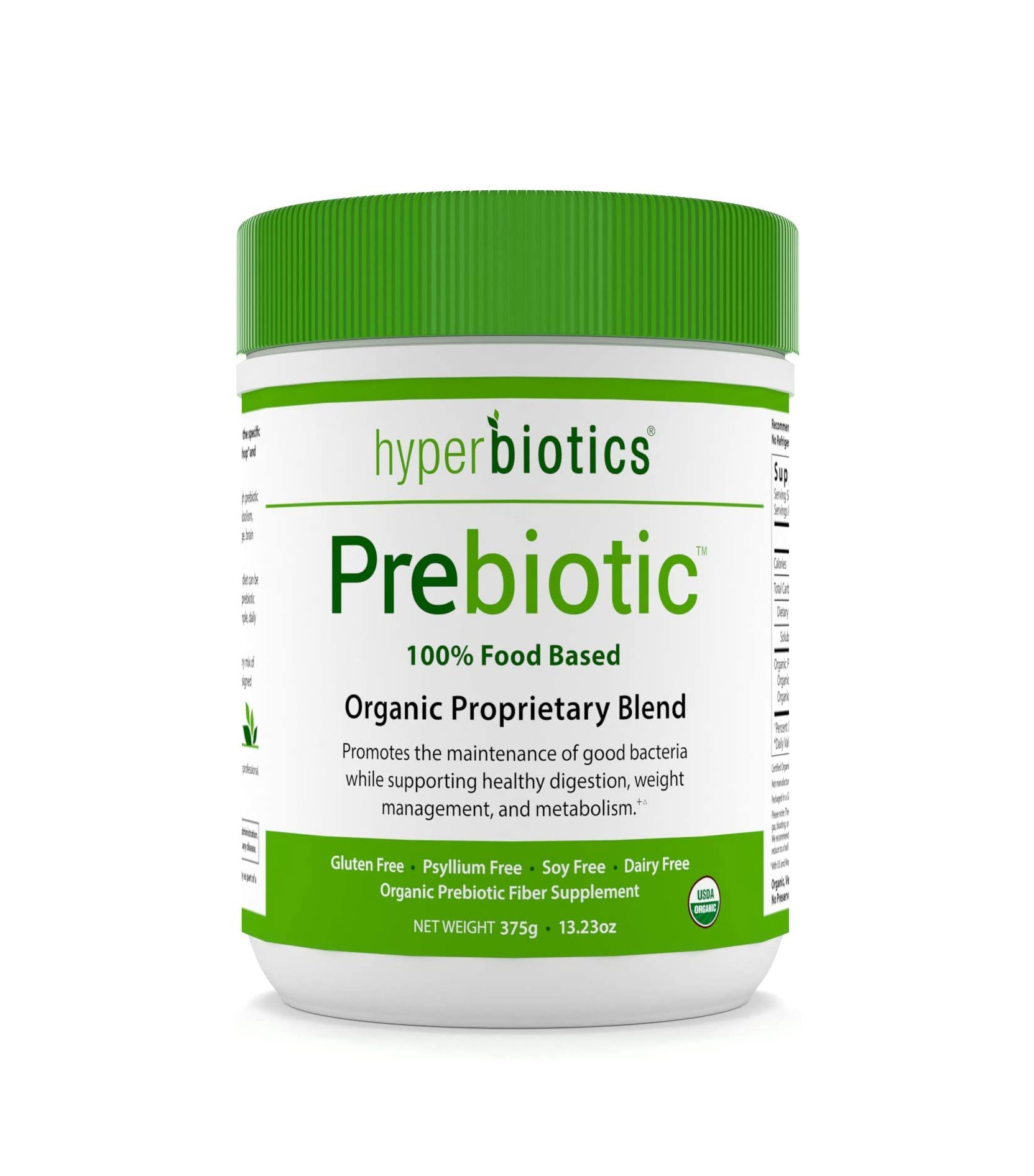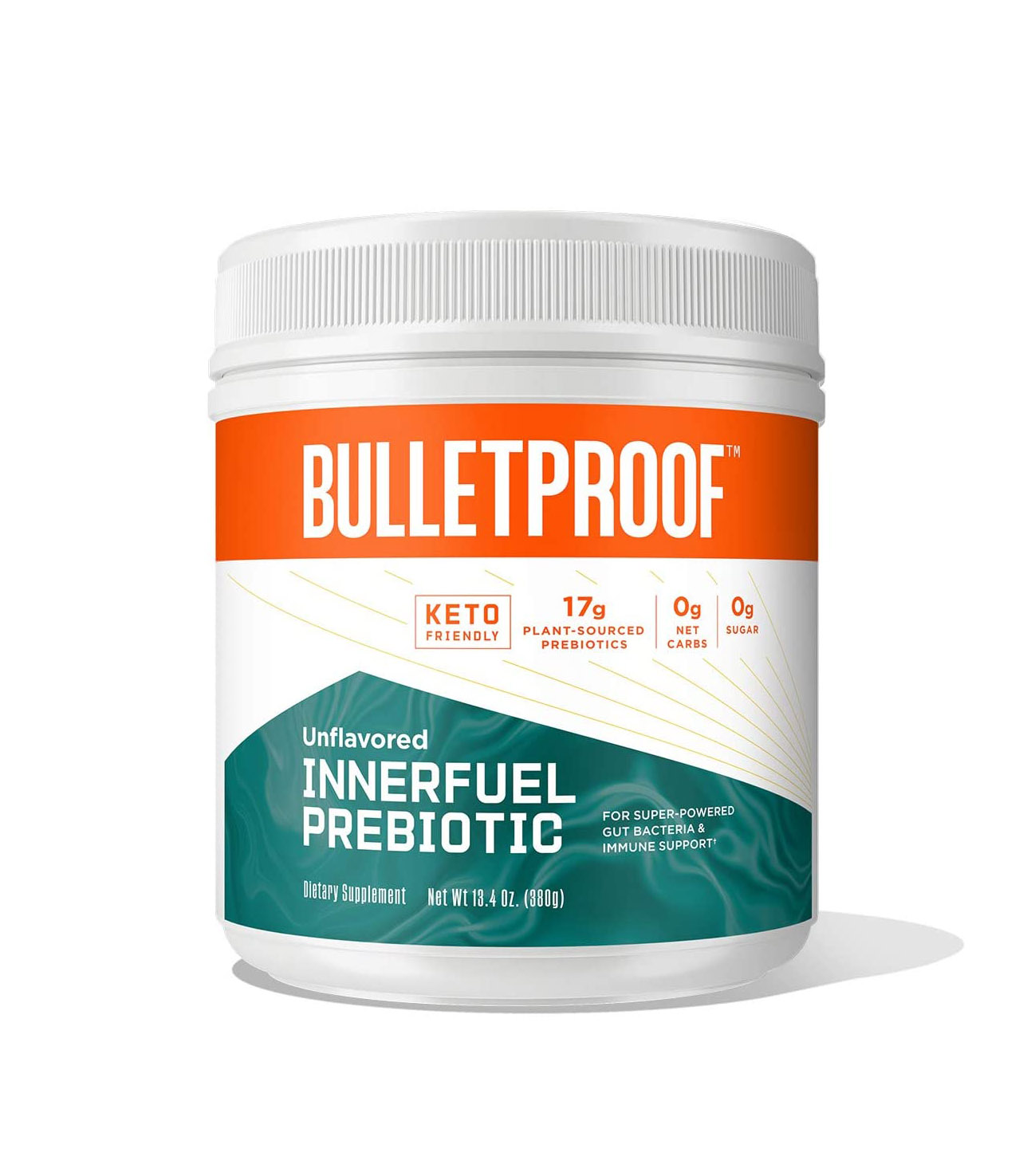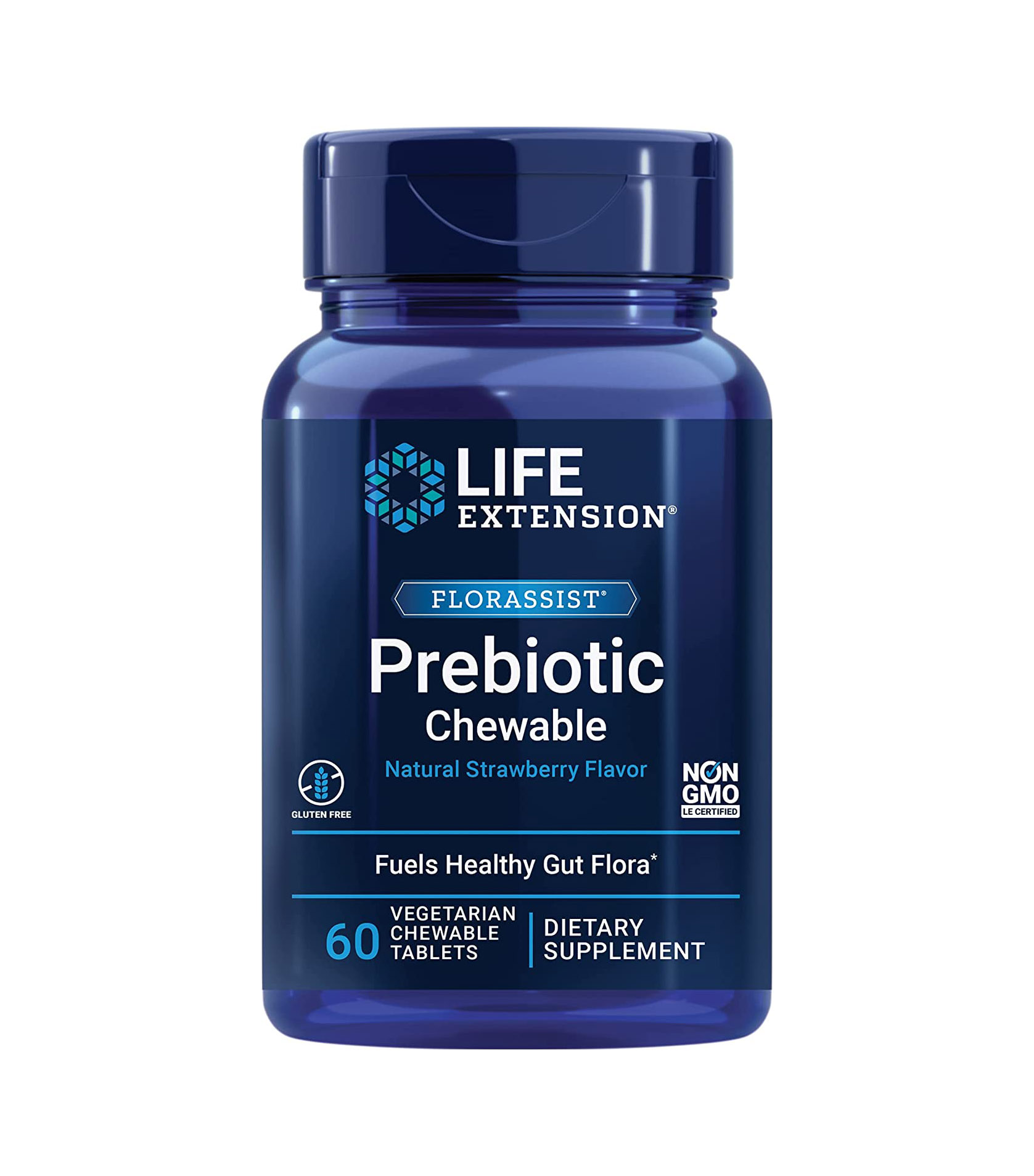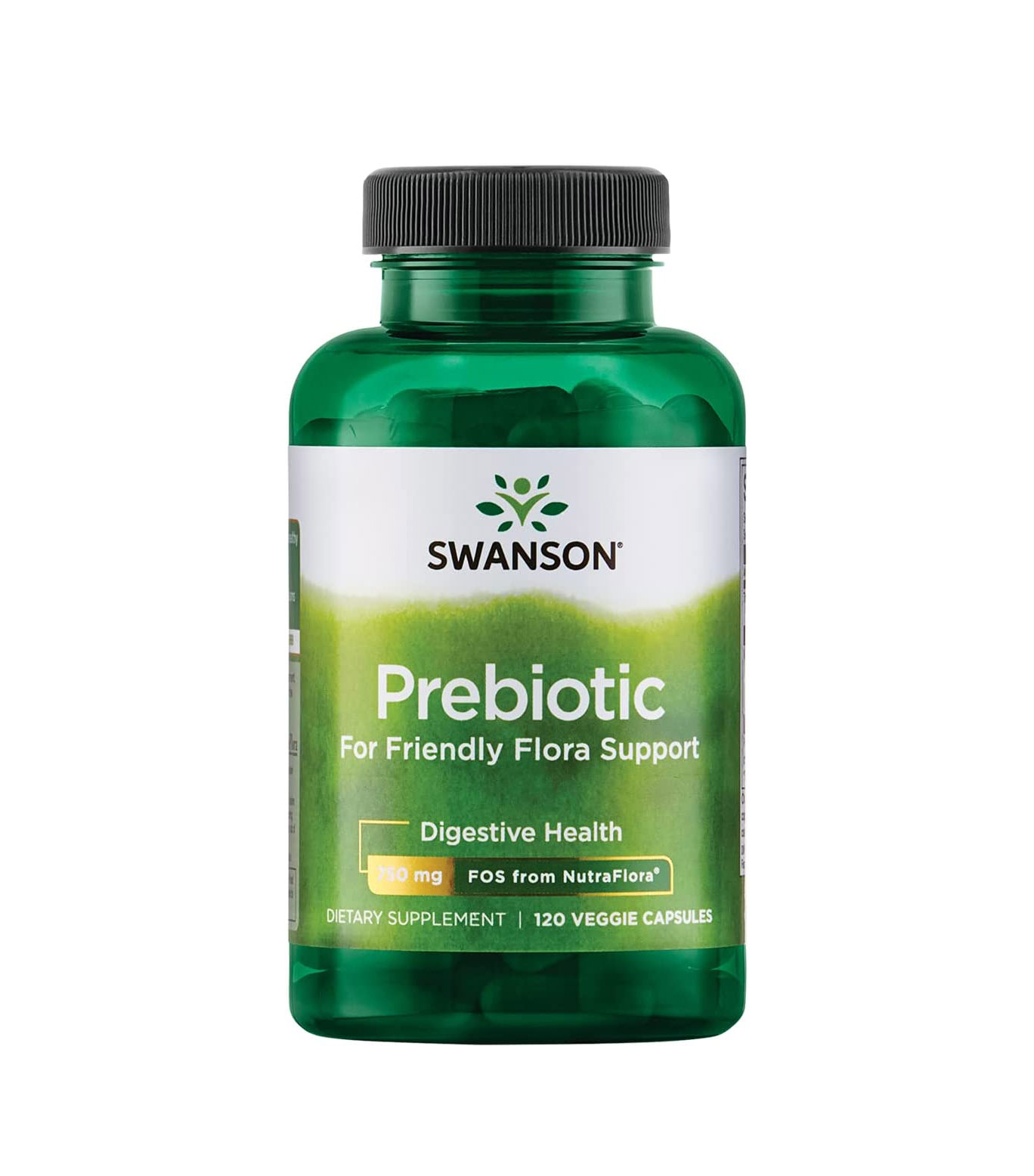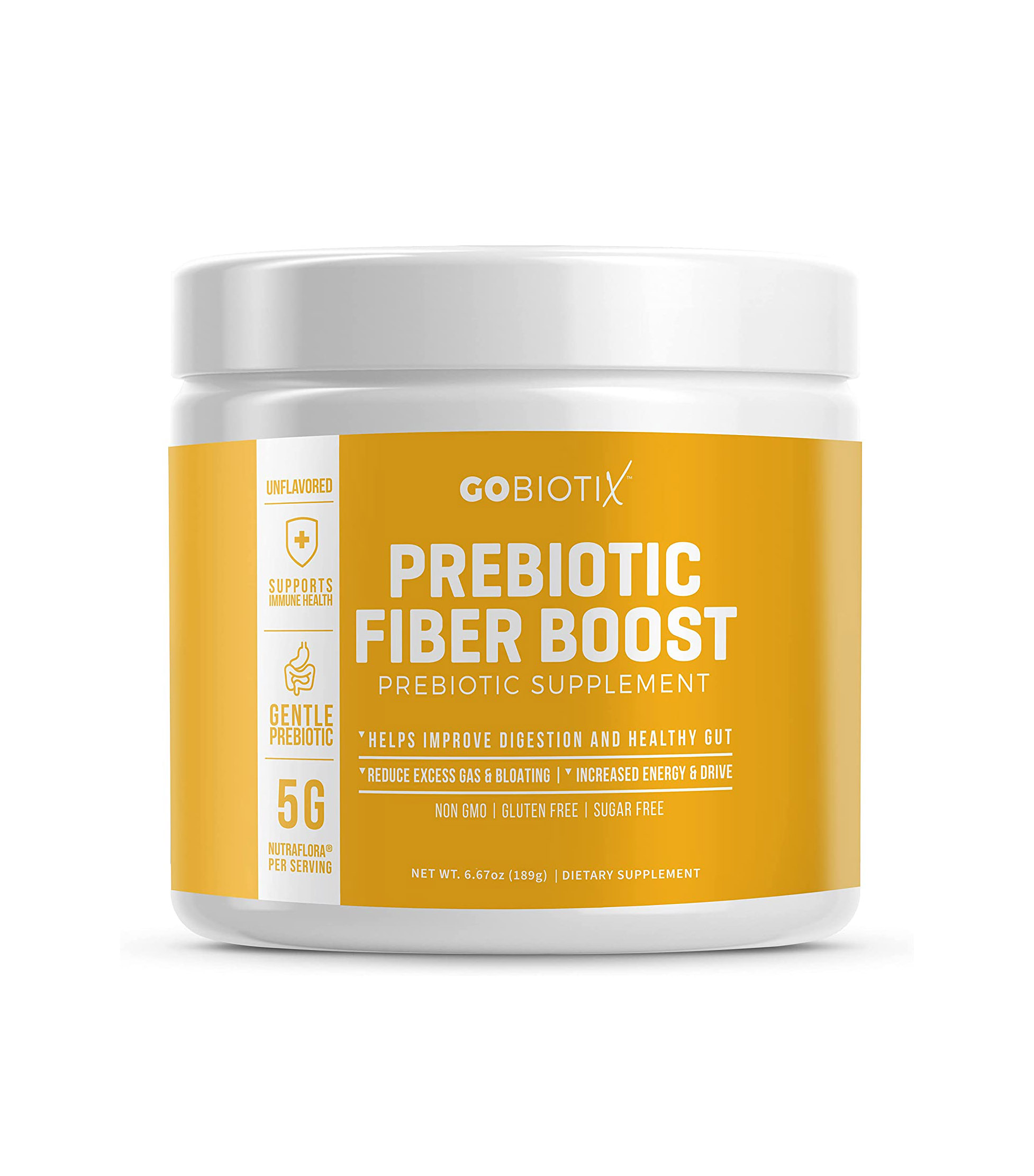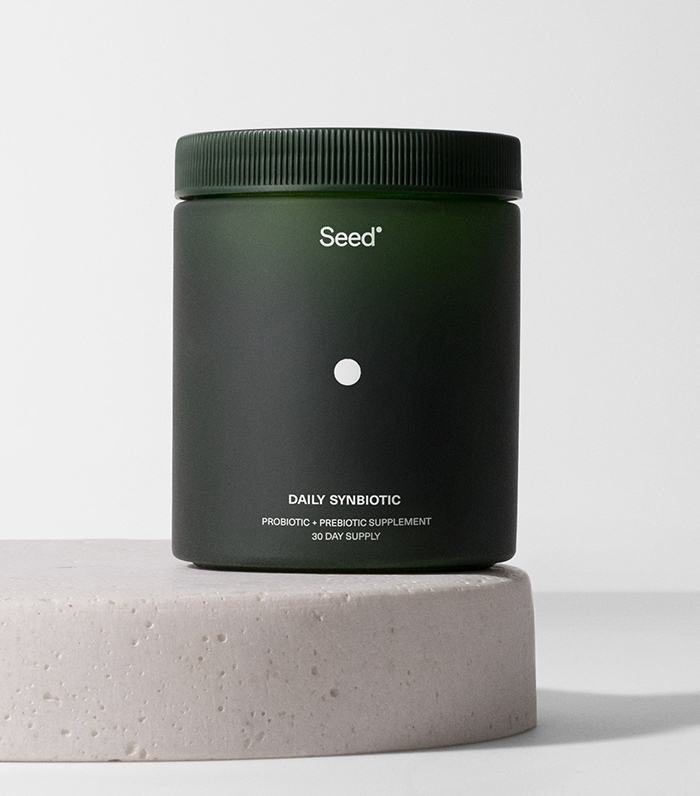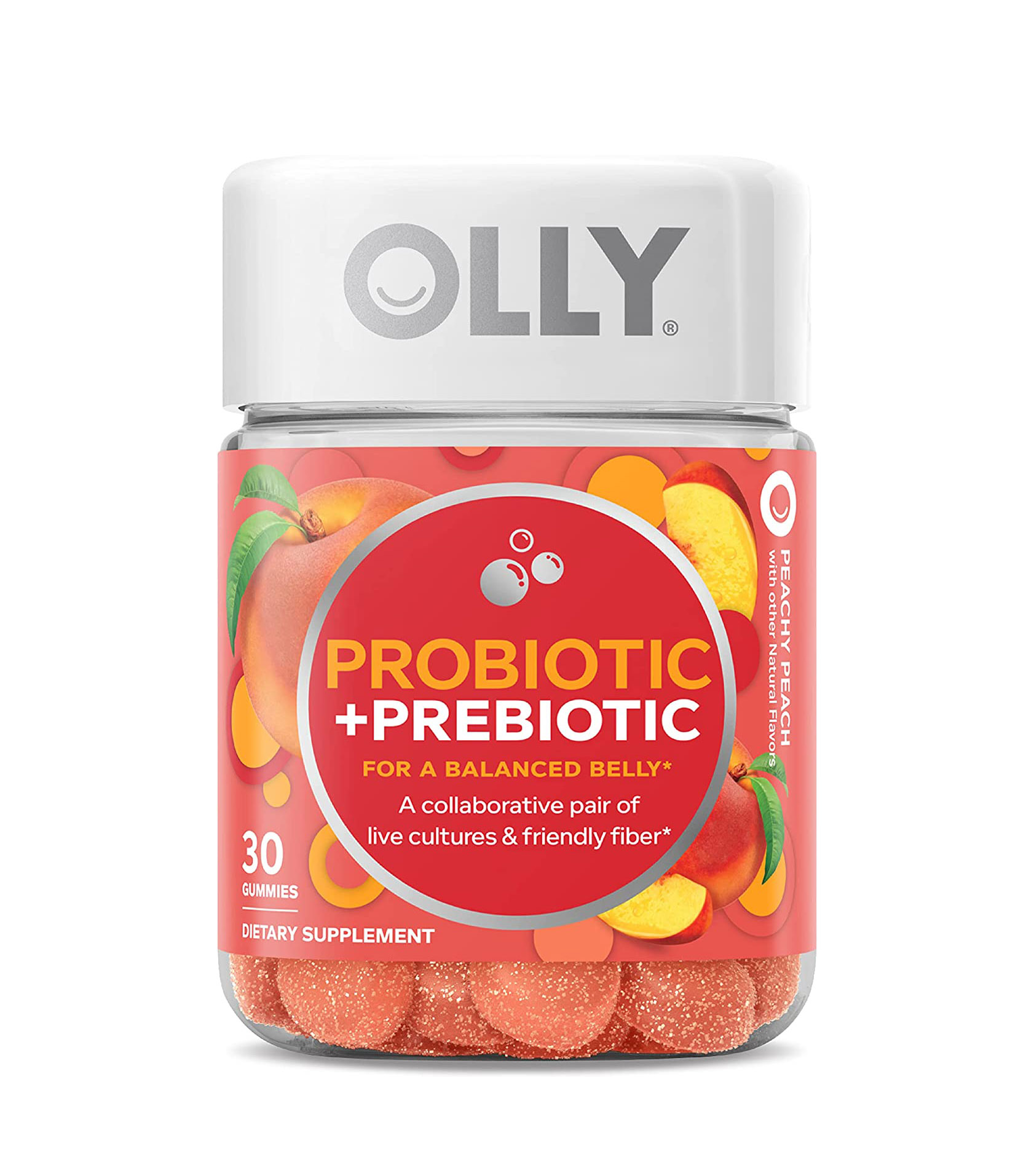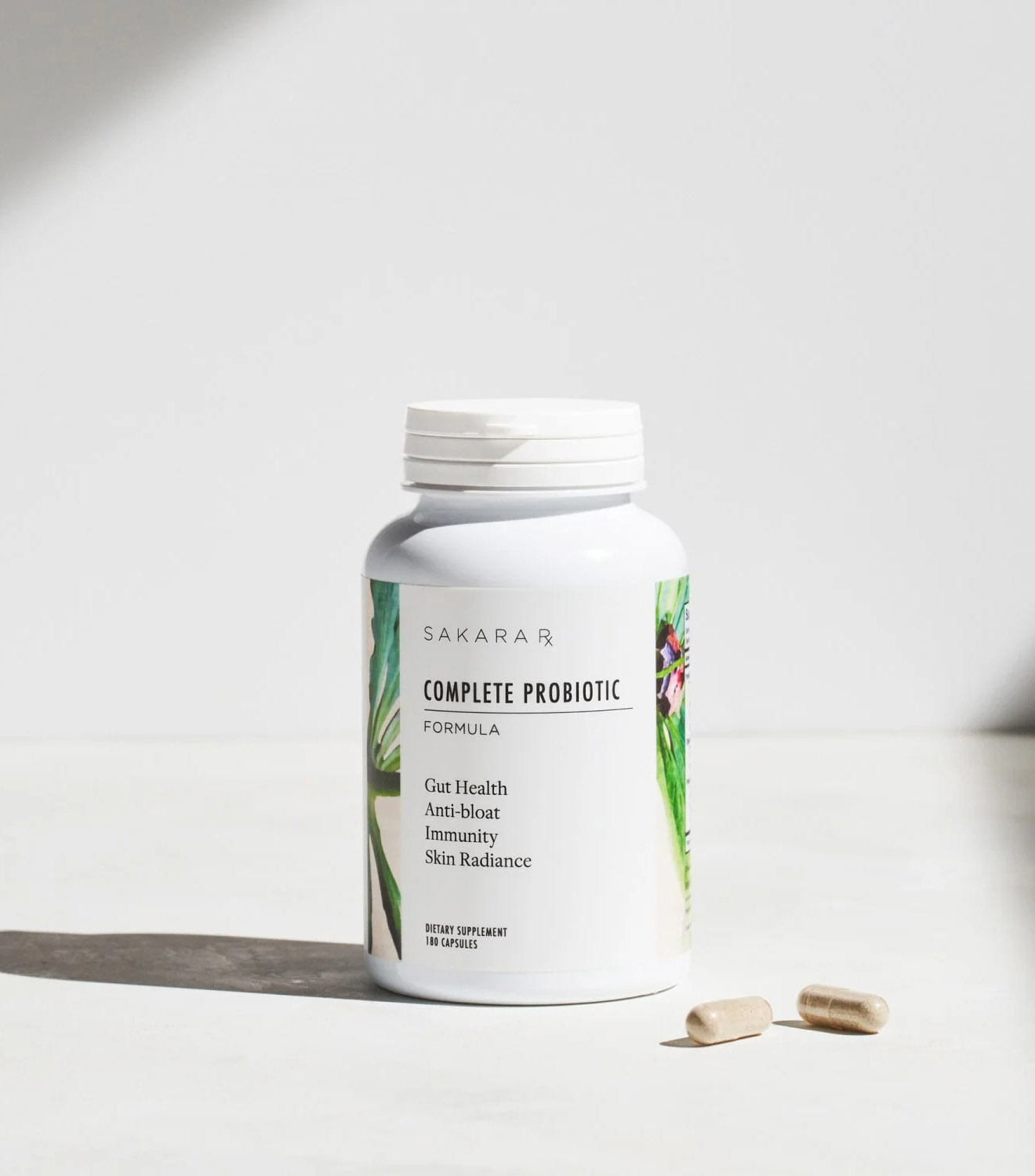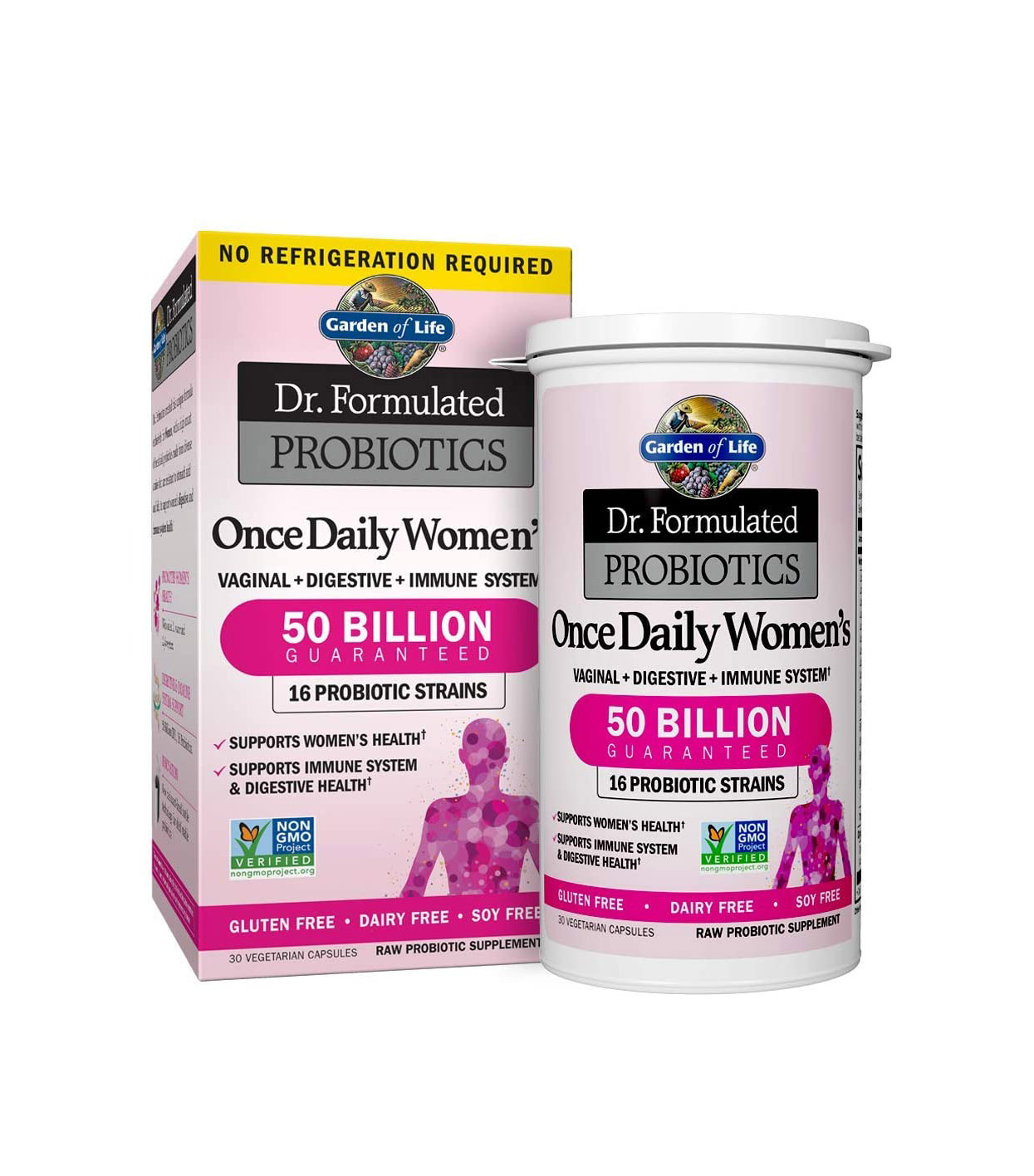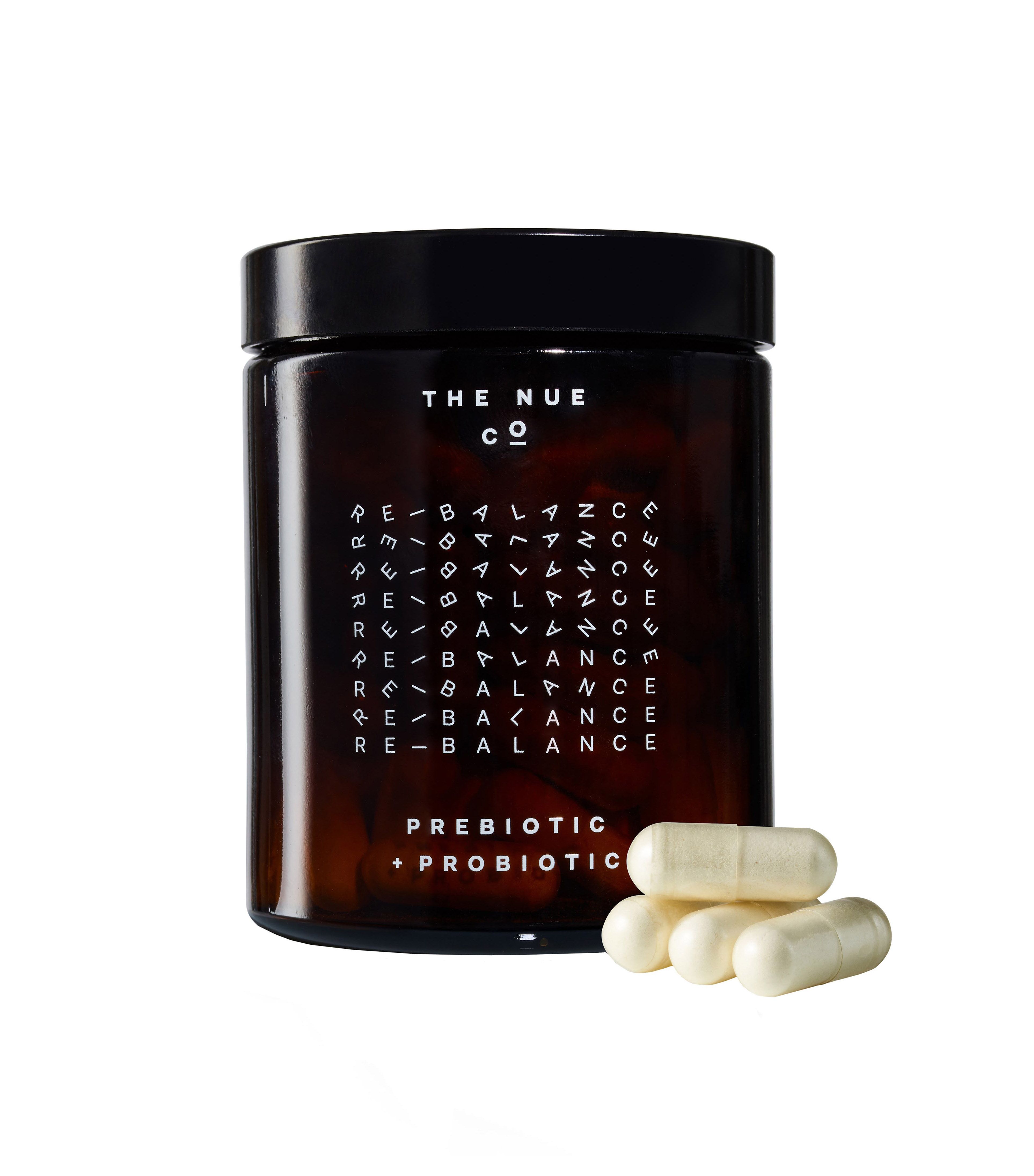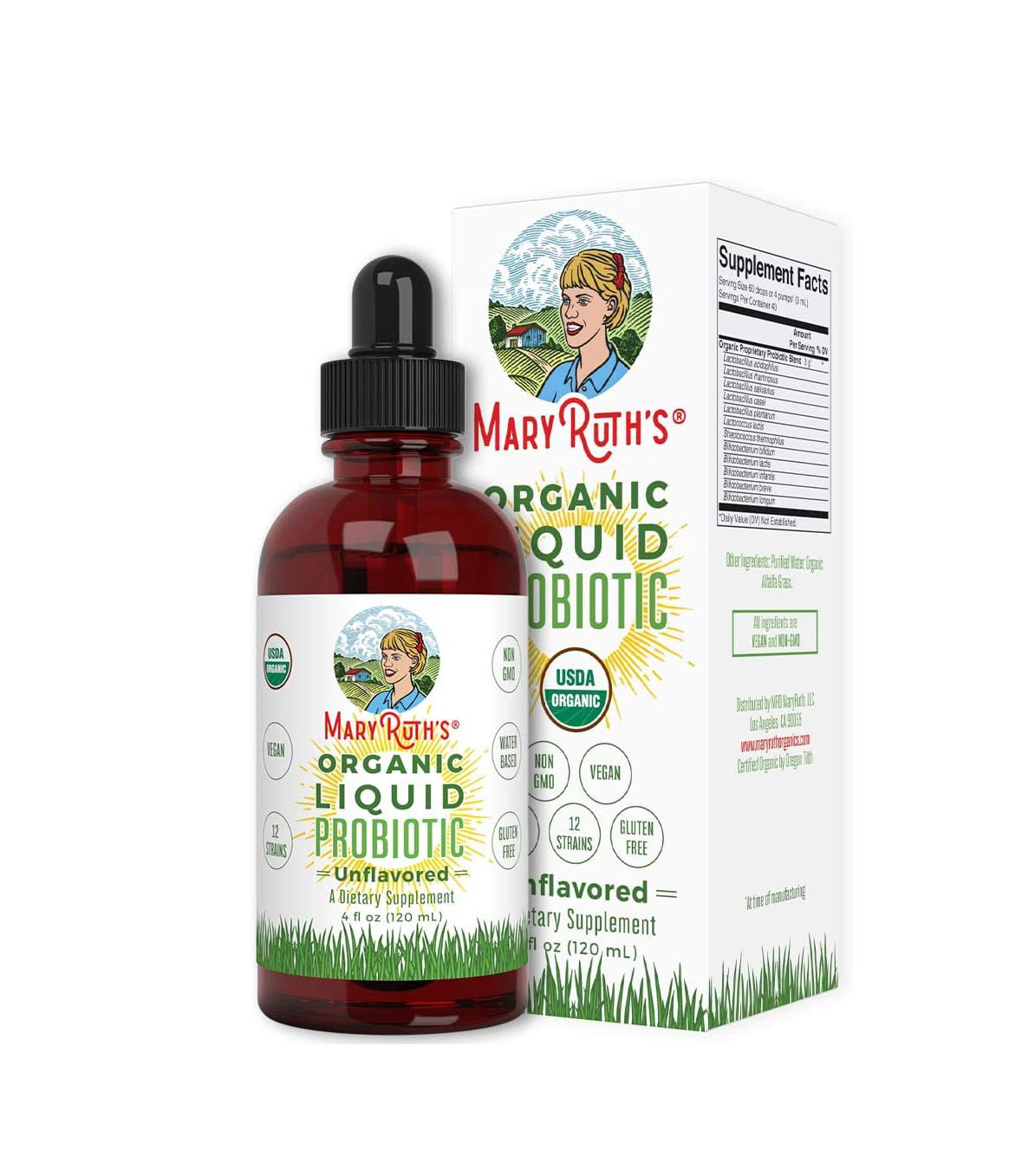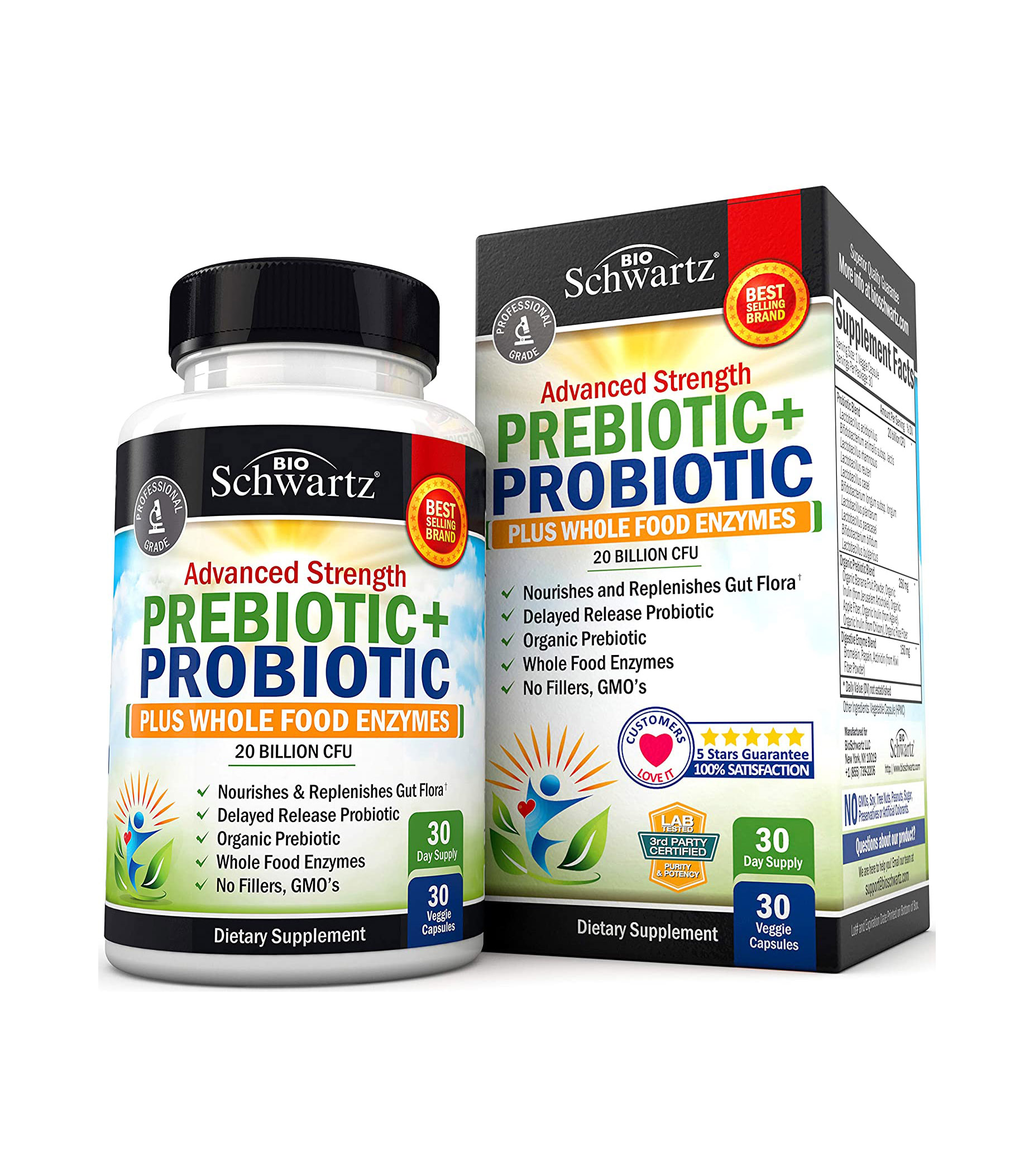Don't Forget This Vital Ingredient When It Comes to Gut Health
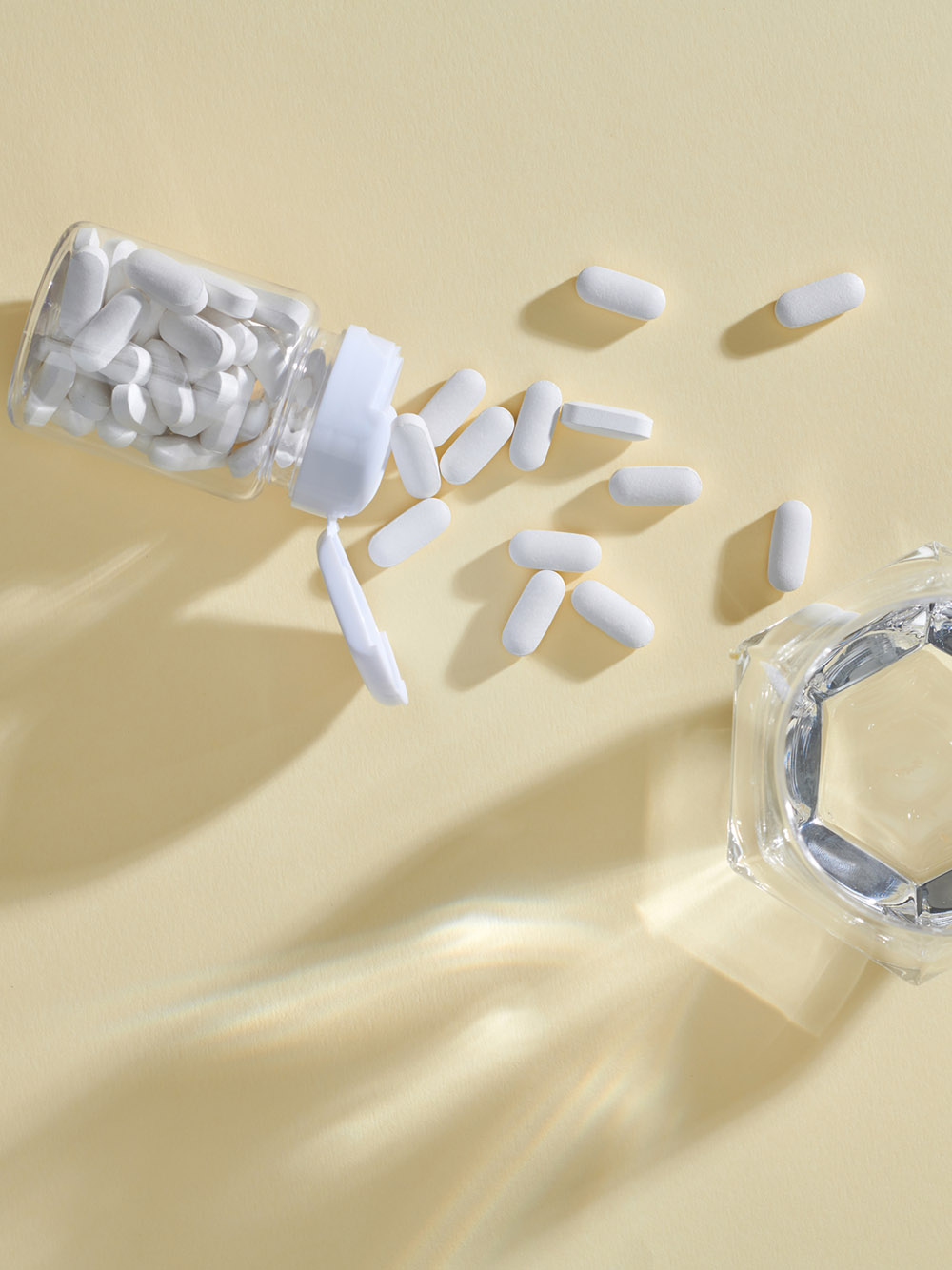
You've probably heard about probiotics and their benefits on gut health. And you might know that gut health affects pretty much every inch of your body, from your digestive system to your immune system to your skin. But did you know that your body also needs prebiotics to help those probiotics work their magic?
"The International Scientific Association for Probiotics and Prebiotics officially defines a prebiotic as 'a substrate that is selectively utilized by host microorganisms conferring a health benefit,'" explains Jennifer Martin-Biggers, PhD, MS, RDN, VP of scientific affairs and education at Hum Nutrition. "A simpler definition is that a prebiotic is a food ingredient that feeds and nourishes good bacteria in your gut to confer health benefits. The most common prebiotic ingredients are non-digestible fibers, like inulin or chicory root. There are other types of ingredients researchers continue to explore that meet the definition of prebiotics but are not fibers, like lactoferrin (a protein in milk) and bacteriophages."
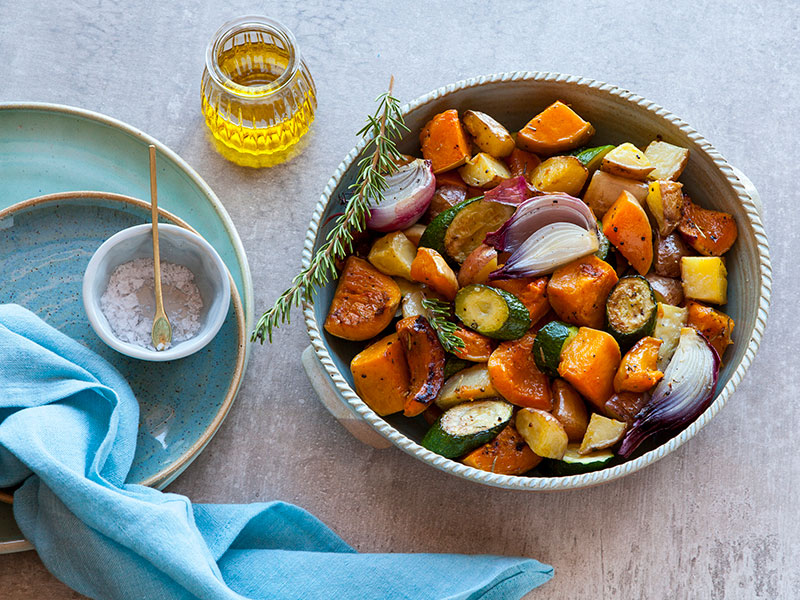
The best way to make sure you're getting enough prebiotics is to make sure you're eating a varied diet that includes prebiotic-rich foods, which are also rich in other nutrients, Martin-Biggers explains. And you can be strategic about what type of prebiotic-rich food to incorporate into your diet because they can have specific benefits. "For example, glucomannan, a prebiotic fiber from the konjac root, has been shown to stimulate the growth of certain 'good' bacteria that actually inhibit growth of 'bad' bacteria," she says. "Beta-glucan from oats and barley has been shown in clinical studies to help reduce cholesterol and promote heart health."
Other foods that are a great source of prebiotics include onion, leeks, and garlic—they're rich in inulin and fructooligosaccharides (FOS) that promote the growth of healthy bacteria. Apples, grapefruits, lemons, and oranges contain pectin, a soluble fiber that promotes healthy gut bacteria and might help decrease inflammation, Martin-Biggers adds.
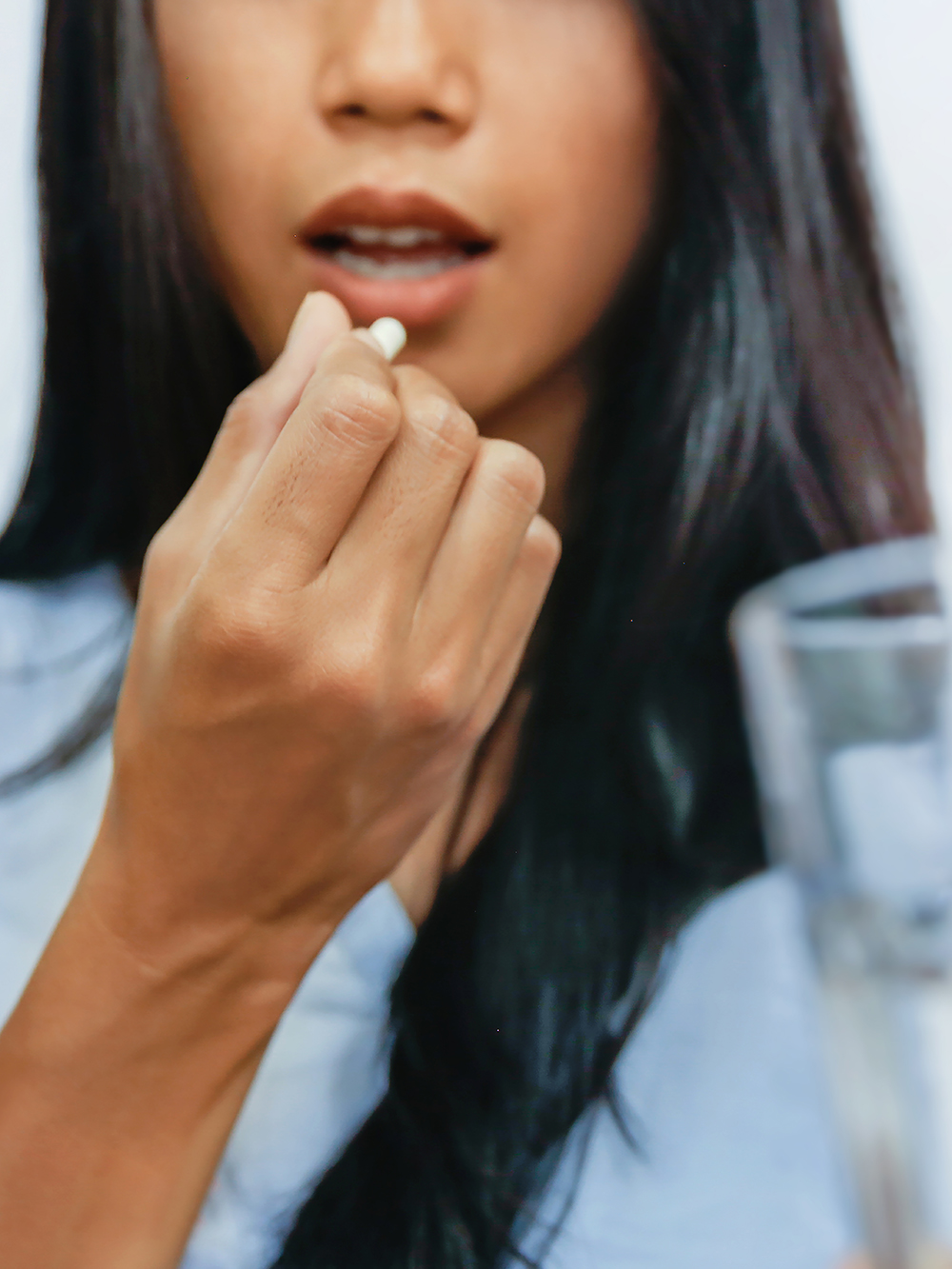
While you can get most of the prebiotics you need through your diet, there are some situations where you'll want to add some supplements to your routine. Martin-Biggers recommends you consider a prebiotic supplementation if you aren't eating 25 to 38 grams per day of fiber or are looking for specific health benefits. "Look at supplement facts or ingredient lists for inulin or chicory root, konjac root glucomannan, fructooligosaccharides (FOS), or galactooligosaccharides (GOS)," she suggests. "It's important to note that inulin prebiotic fiber from chicory root can cause bloating and discomfort in large quantities. If you're starting a new prebiotic regimen, I recommend slowly adding any inulin sources as your gut microbiome adjusts to the new fiber source."
You can also try synbiotic supplements, which mean they contain both prebiotics and probiotics that are specifically chosen to convey a certain health benefit, she adds.
Take a look at the best prebiotics for women below, and some other probiotics and synbiotics to shop.
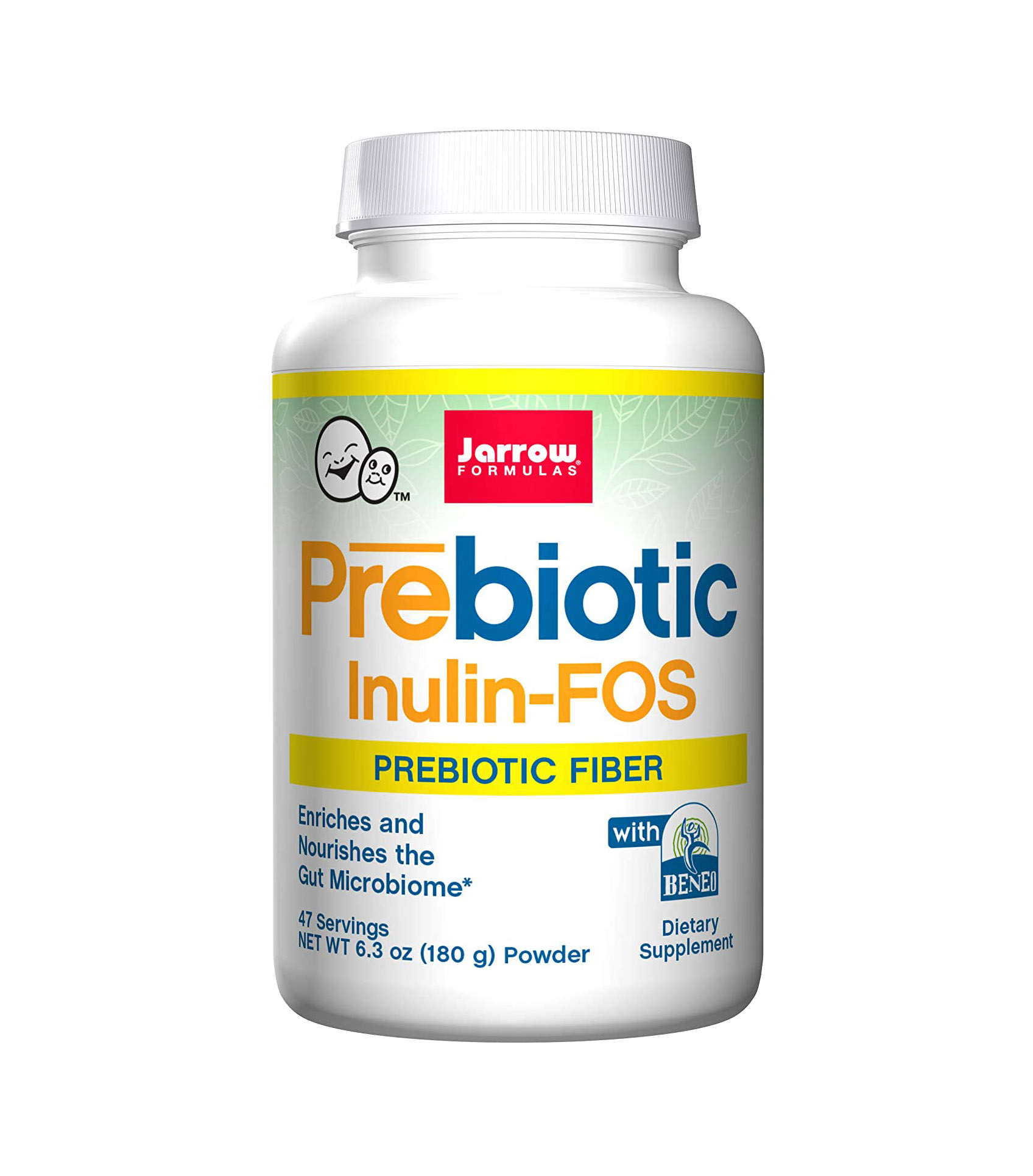
Formulated with inulin and fructooligosaccharides (FOS), this supplement promotes the "friendly" bacteria in the gut and nourishes the microbiome. It's recommended to put one scoop of this powder into water, juice, a smoothie, or another favorite beverage. It's vegan- and vegetarian-friendly, too.
Probiotics and Synbiotics to Shop
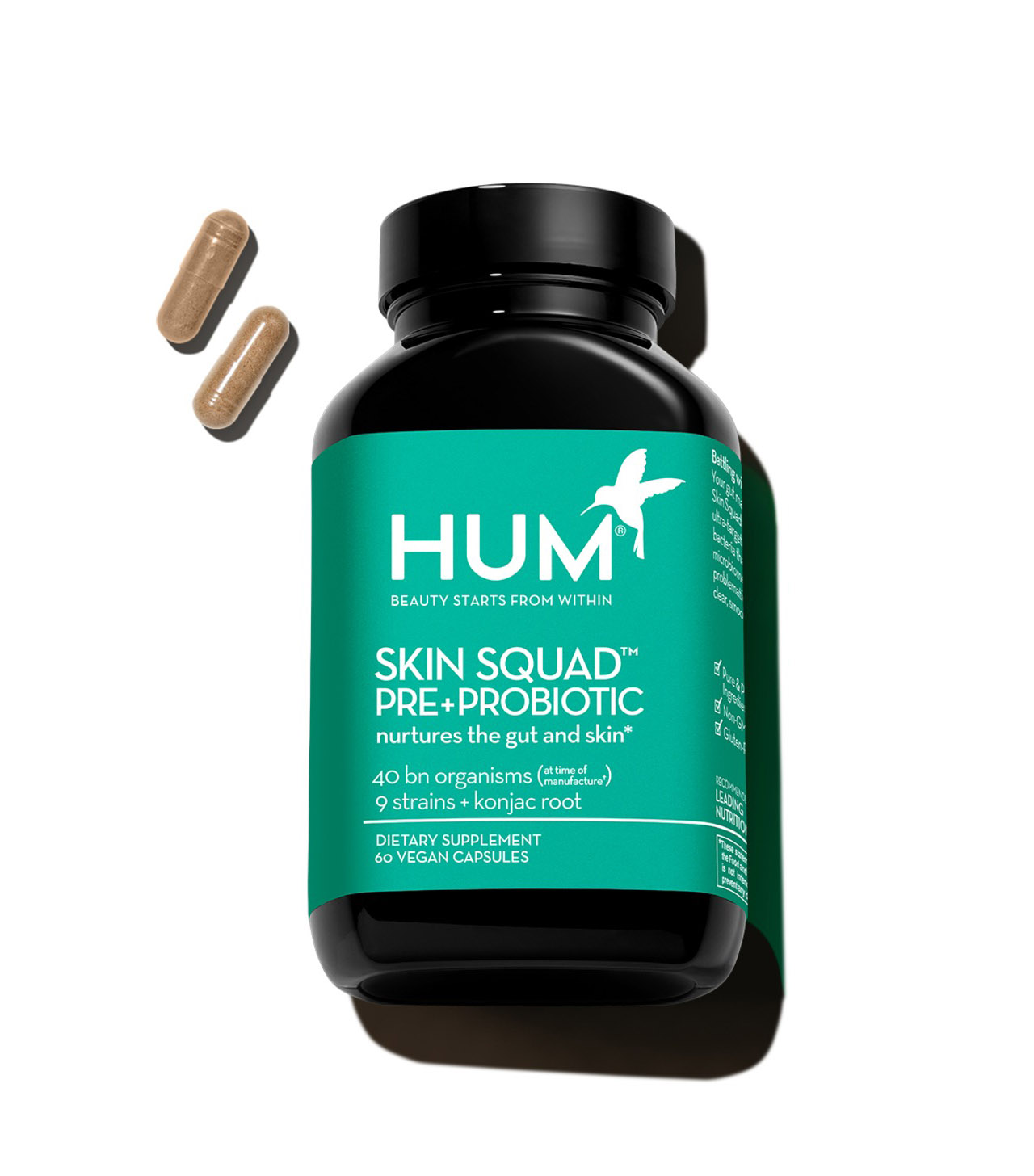
"I always recommend products with clinically researched active ingredients and products that have themselves been clinically studied," Martin-Biggers says. "I love Hum's Skin Squad pre-probiotic as it ticks both of those boxes and is fantastic to support healthy skin, especially in people prone to breakouts. We worked with a dermatologist who conducted a clinical study with 27 women who took Skin Squad daily for two months. At the end of the study, 88% had an improvement in the severity of their breakouts but there was also an increase in skin hydration and improvements in digestion."
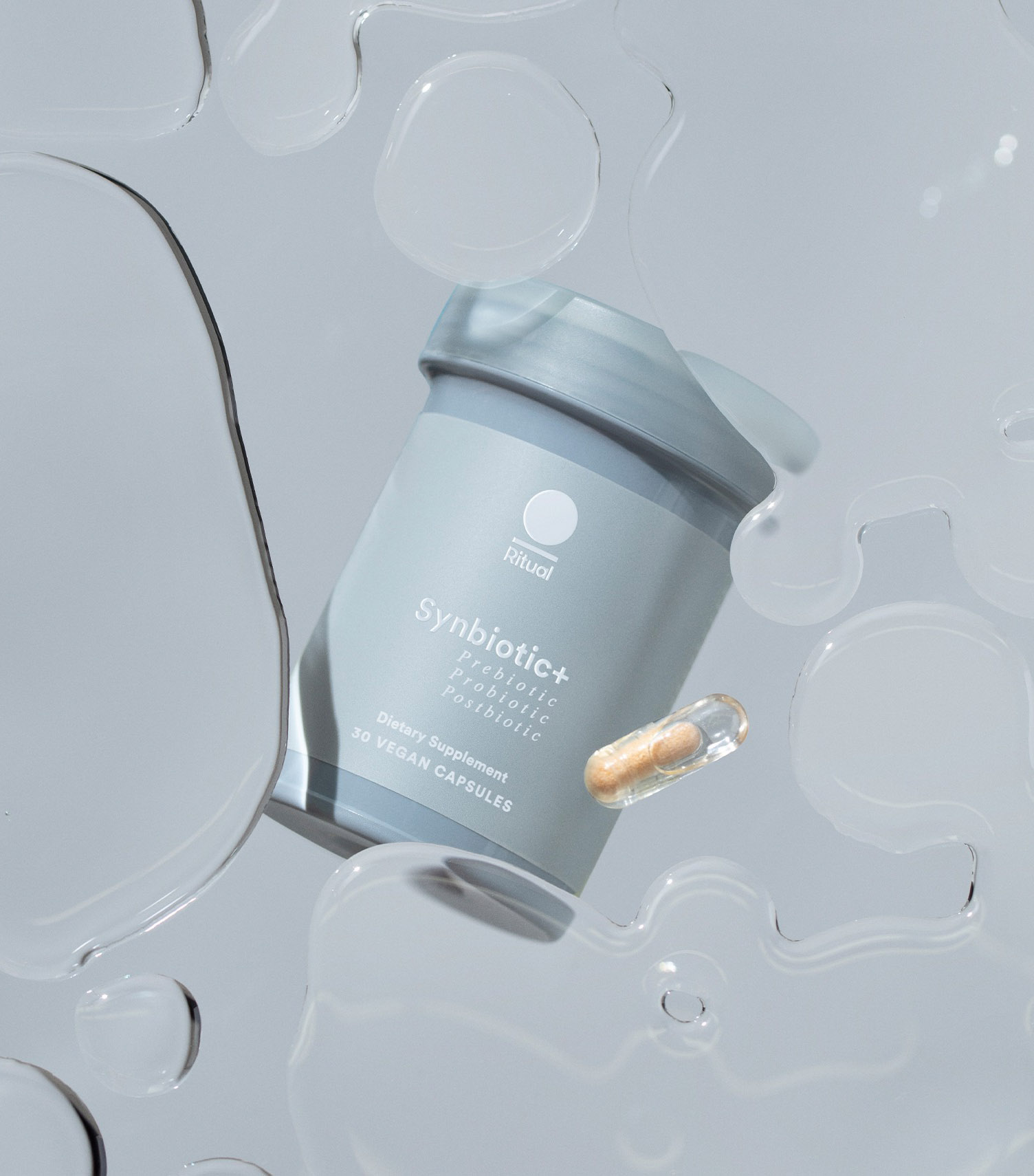
Ritual's Synbiotic+ is a three-in-one product—a prebiotic, probiotic, and postbiotic. The probiotic strains provide relief from digestion discomfort (bloating, gas, diarrhea); the prebiotic targets the "bad" bacteria and promotes the "good" bacteria; and the postbiotic fuels the cells that make up the gut lining and support the gut barrier function.
Next: Avoid These 6 Foods—They'll Wreck Your Gut Health
This article is provided for informational purposes only and is not intended to be used in the place of advice of your physician or other medical professionals. You should always consult with your doctor or healthcare provider first with any health-related questions.
Sarah is lifestyle writer and editor with over 10 years of experience covering health and wellness, interior design, food, beauty, and tech. Born and raised in Los Angeles, she attended New York University and lived in New York for 12 years before returning to L.A. in 2019. In addition to her work atBest Knockoff Luxury Clothing , she held editor roles at Apartment Therapy, Real Simple, House Beautiful, Elle Decor, and The Bump (sister site of The Knot). She has a passion for health and wellness, but she especially loves writing about mental health. Her self-care routine consists of five things: a good workout, “me” time on the regular, an intriguing book/podcast/playlist to unwind after a long day, naps, and decorating her home.
